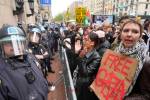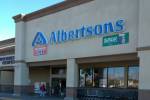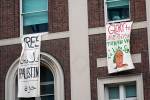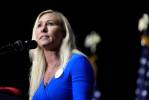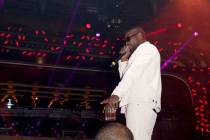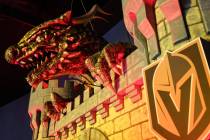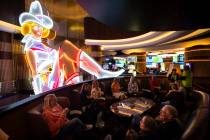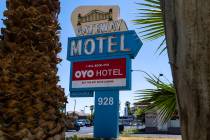Home heating systems can be risky if neglected
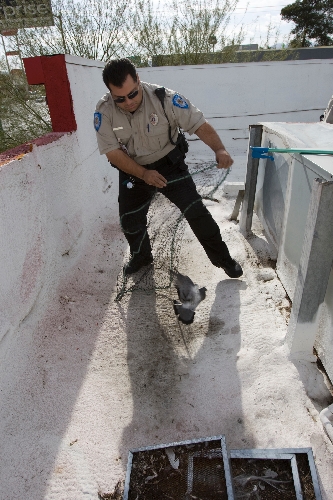
Before the crackle of the fireplace or the hum of the heater play soundtrack to winter, local air-quality experts say taking certain steps are safety musts.
From firing up the heating device to knowing what’s flowing in or out of the chimney, home heating should take some thought, said Laura Au-Yeung, indoor air quality and radon coordinator for the University of Nevada’s Cooperative Extension.
"Every year, people die of carbon monoxide poisoning in the U.S.," she said. "There are some things to look out for."
More than one-third of Americans use fireplaces, wood stoves and other fuel-fired appliances as primary heat sources in their homes, according to the U.S. Fire Administration. For residents who fall in this category, have the chimney or wood stove inspected and cleaned annually by a certified chimney specialist.
Tar can build up and cause blockages, which push carbon monoxide — the silent killer, Au-Yeung said — back into the home. Birds, especially pigeons, also can cause clogs.
"They are seeking a warmer place to nest," Nevada Pigeon Control operator Nephi Oliva said. "We deal with it all the time."
Oliva said baby pigeons are prone to falling into the chimney chute. Their adult counterparts can become stuck and end up inside the home, too.
Oliva suggested checking the flue for blockages before firing up the chimney or wood stove. After the all clear, he said placing a screen over the flue prevents the critters from making a home.
"Having a pigeon problem is bad enough, but having a pigeon stuck adds insult to injury," he said.
Bad air getting back-drafted into homes is especially dangerous, Au-Yeung said.
"Carbon monoxide poisoning symptoms are like cold or flu (symptoms)," she said. "People go to sleep and never wake up."
Check for leaks to any home heater than accepts natural gas, she said. Purchase carbon monoxide detectors and test existing units before sealing the home for winter, also, she suggested.
Au-Yeung also listed some "don’ts" for home heating.
"Don’t ever heat your home with a gas oven, not even for a short time," she said. "Never use a charcoal grill indoors, not even in the fireplace. And never sleep in any room with an unvented gas or kerosene space heater."
Although consideration for air quality in the home is paramount, another local expert wants residents to be mindful of what is leaving the smoke stack.
Dennis Ransel, manager of the of Air Quality Planning Division for the Clark County Department of Air Quality and Environmental Management, advised residents to use strictly clean-burning natural gas for compatible fireplaces.
All homes built after the early 1990s in Las Vegas were required to have natural-gas fireplaces. Homes built before the ordinance are permitted to use wood-burning units.
For more information, call 257-5550 or email au-yeungl@unce.unr.edu.
Contact Centennial and North Las Vegas View reporter Maggie Lillis at mlillis@viewnews.com or 477-3839.





